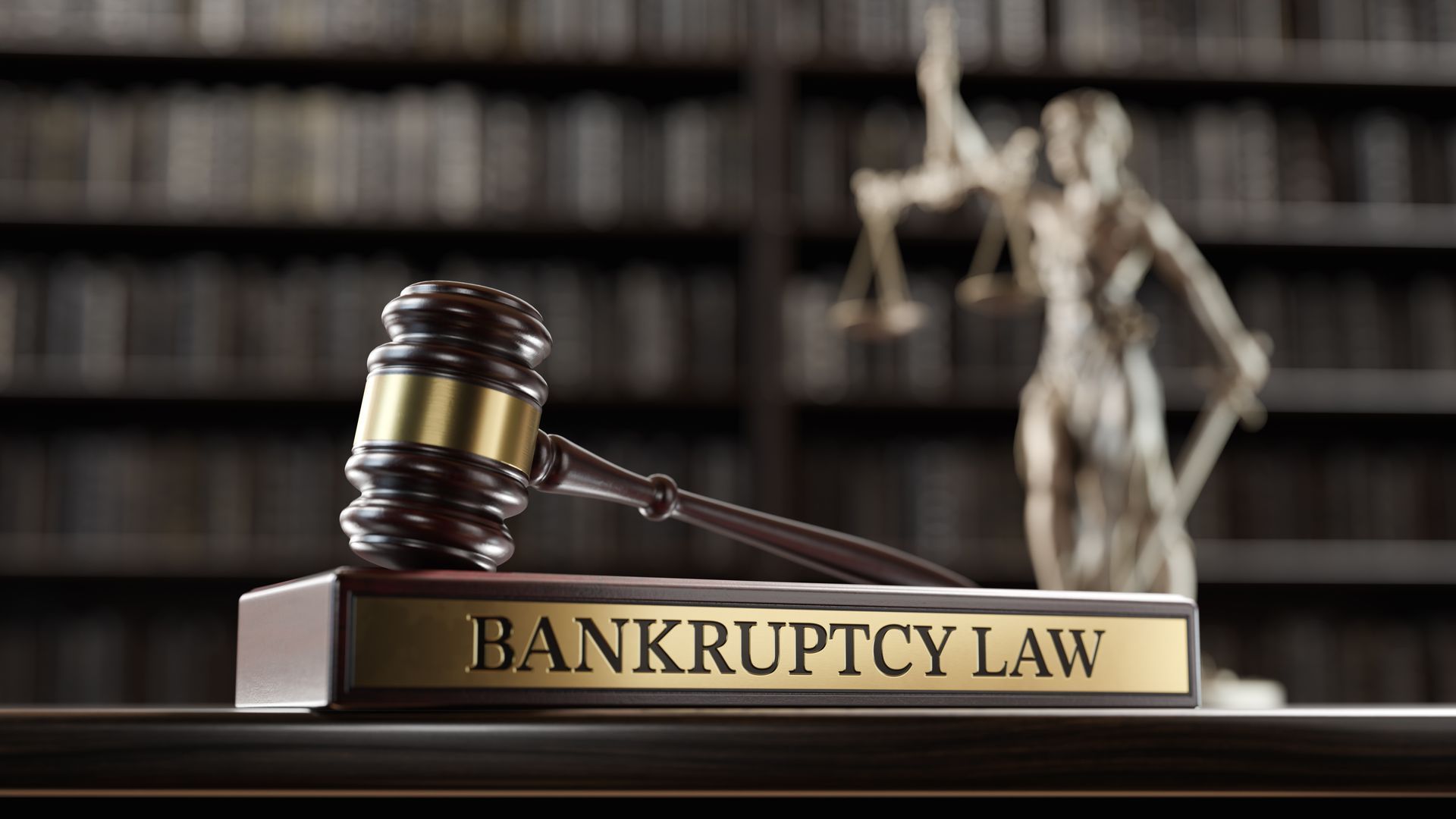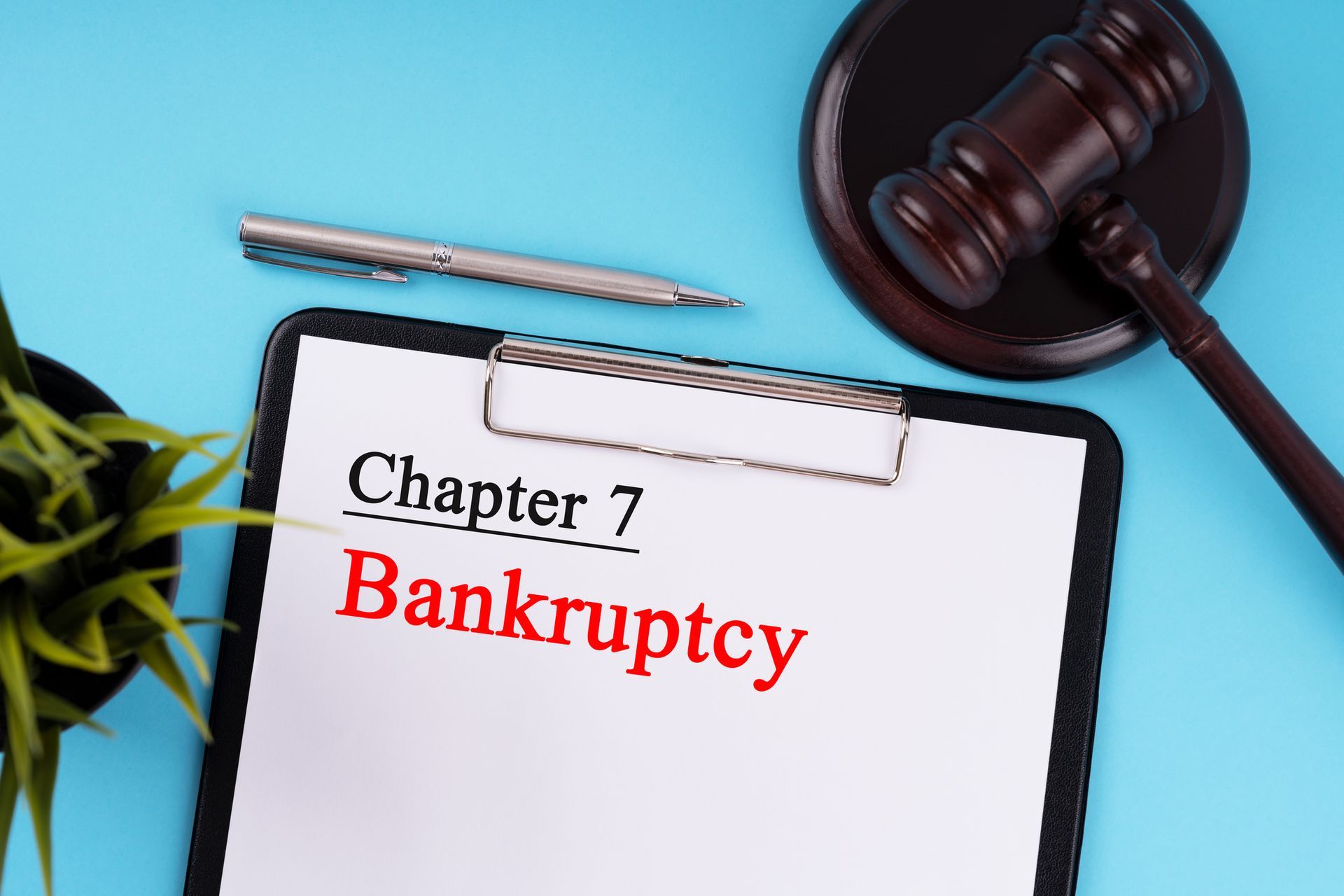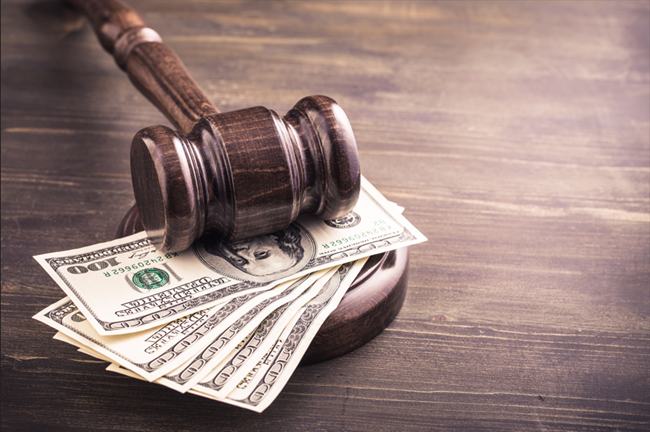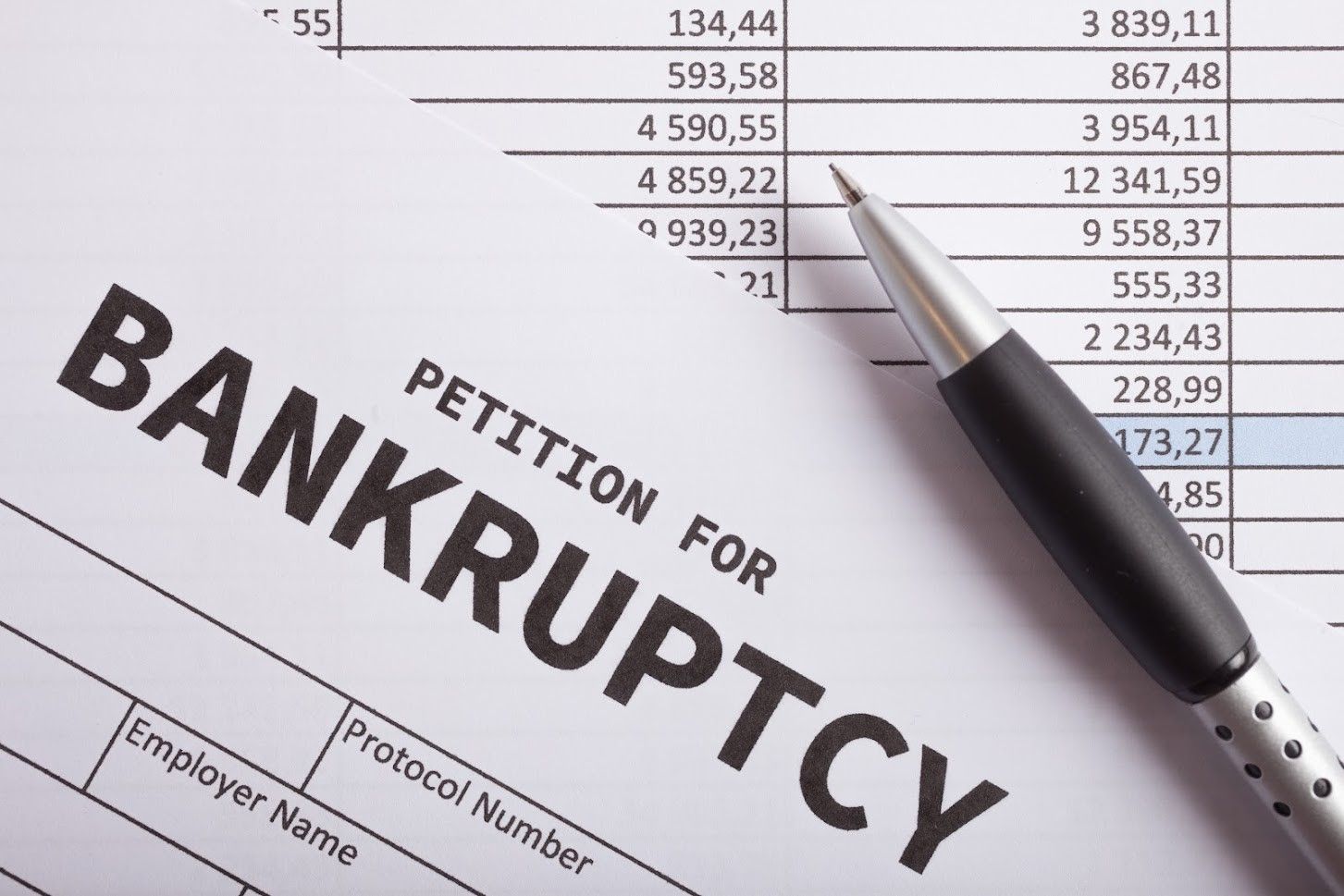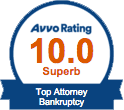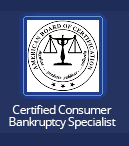4 Pros and Cons of Chapter 13 Bankruptcy Instead of Chapter 7
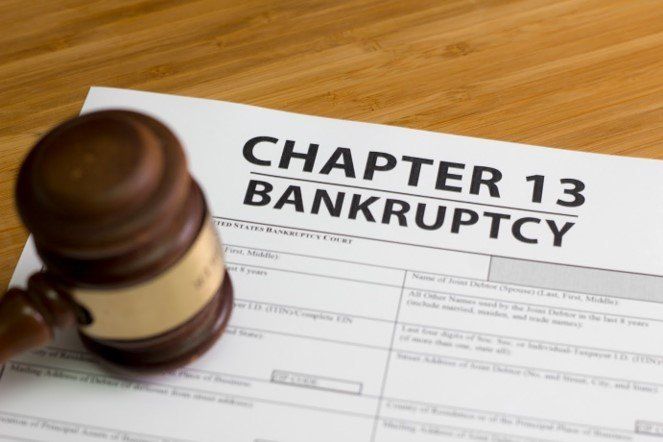
Many people feel like bankruptcy is admitting failure, but it can actually be a beneficial way to improve your financial situation in the long run. If you are considering bankruptcy, you may wonder if you should choose Chapter 7 or Chapter 13. Before you make any final decisions, however, check out these pros and cons of Chapter 13 bankruptcy instead of Chapter 7
1. Pro: It's Easier to Qualify for Chapter 13
If you have a high debt-to-income ratio, and you haven't filed for bankruptcy in the recent past, you should qualify for Chapter 13 bankruptcy. To qualify for Chapter 7 bankruptcy, however, you have to meet certain income requirements that indicate that you are unable to repay any of the debt. If you meet these requirements, all the qualifying debt is wiped away.
Chapter 13 is also a good choice for people with non-dischargeable debts like school loans and child support. While you can't wipe away this debt, you can include it in your Chapter 13 repayment plan. Some people even include late car or mortgage payments if they want to keep the property.
2. Pro: Your Bankruptcy Is off Your Credit Report Sooner
Chapter 7 bankruptcy remains on your credit report for 10 years. Since you don’t repay any of the debt, Chapter 7 is a more dramatic process overall. Chapter 13, on the other hand, only stays on your credit report for 7 years. You may be able to have the bankruptcy removed even sooner, and as time passes, even if it's still on your credit report, lenders are more likely to trust you.
Chapter 13 bankruptcy also requires you to set up a repayment plan for a certain number of years. During this time, you can work on improving your credit score by making payments on time. Therefore, once you are out of bankruptcy, your credit score may be good enough to help offset the bankruptcy on your credit report.
3. Con: You Have to Repay Some Money
The downside to Chapter 13 is the requirement to repay some of the debt, but you don't have to pay it all at once. You can have up to five years to repay some of the debt. During this time, most of your other debt (debt not included in the bankruptcy) may also be included in the repayment plan.
For example, you pay your trustee $1,000 a month, and in return, they pay all the debt included in the bankruptcy, but they will also allocate funds to car payments, school loans, etc. On the downside, however, if you get any tax refunds, they may end up going to your debtors, unless you can prove the repayment plan caused you to fall behind on your own bills, and you need the tax refund to catch up.
4. Con: The Process Is Long
Your repayment plan doesn't have to be five years long, but this option is the easiest way to repay your lenders without going broke in the process. Regardless of what you choose, however, you'll be in bankruptcy for a few years. During this time, you shouldn't incur any new debt, such as on credit cards or vehicles.
The bright side to taking the full amount of time to repay your debt is that it seems like Chapter 13 is off your credit report even faster than 7 years. For example, if you are in bankruptcy for 5 years, by the time the process is finished, you'll only have to put up with two more years of it on your credit report, which puts you one step closer to being able to get a home loan, car loan or just boost your credit.
Bankruptcy can help you get out of debt, and Chapter 13 bankruptcy is off your credit report after only 7 years. If you would like to know more about the process, or if you need a consultation for your bankruptcy needs, contact us at Charles J Schneider PC today.


